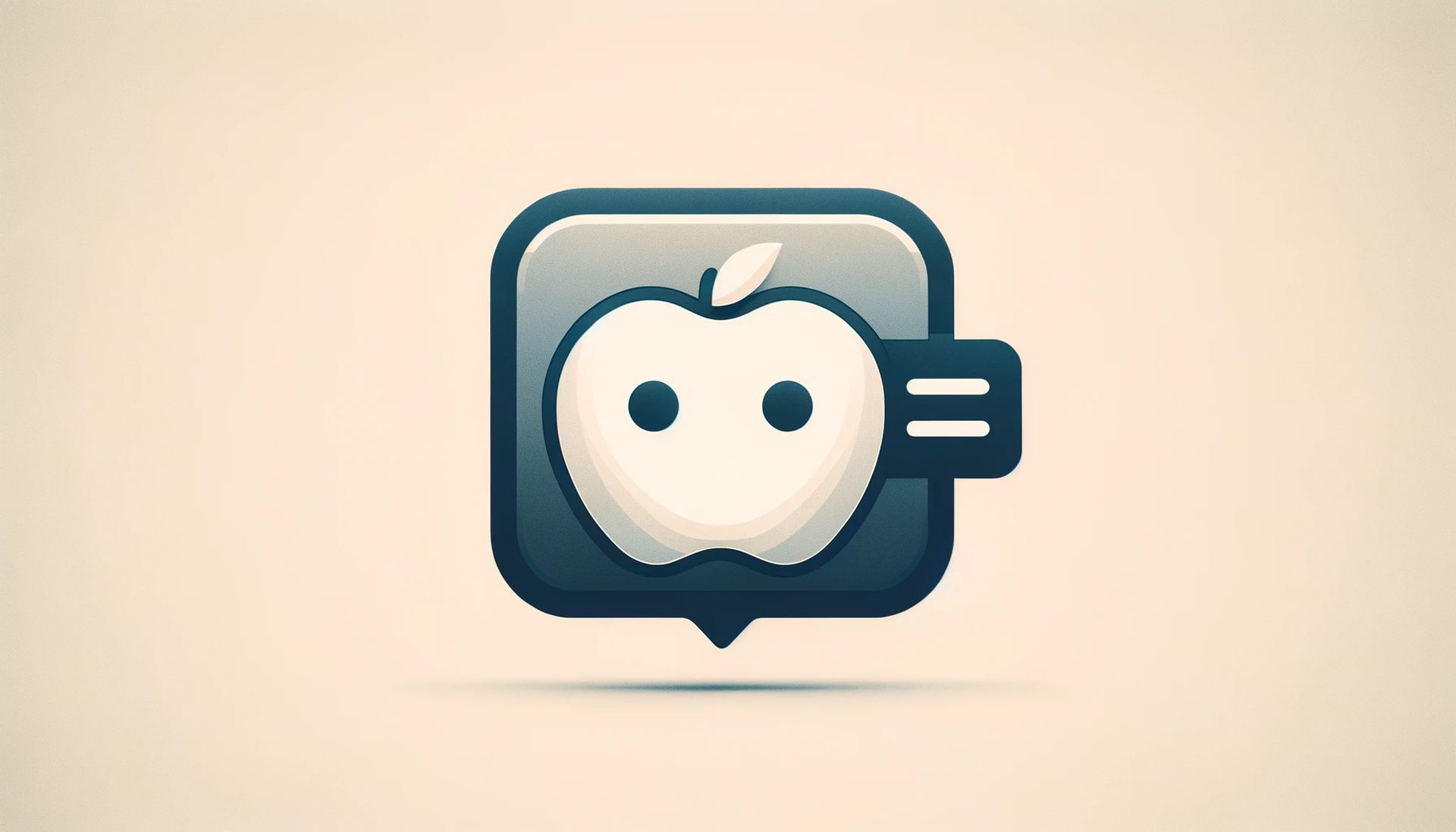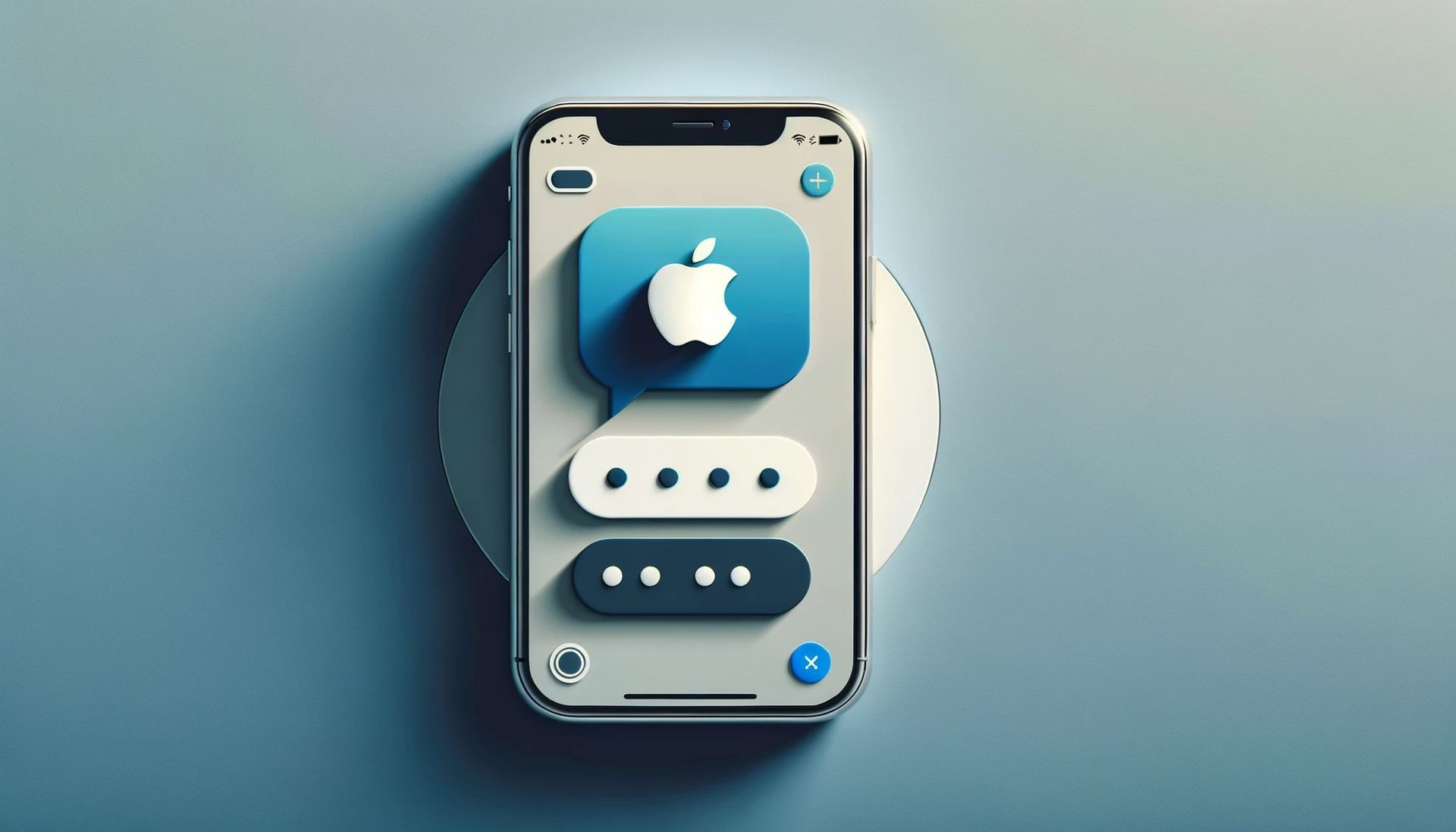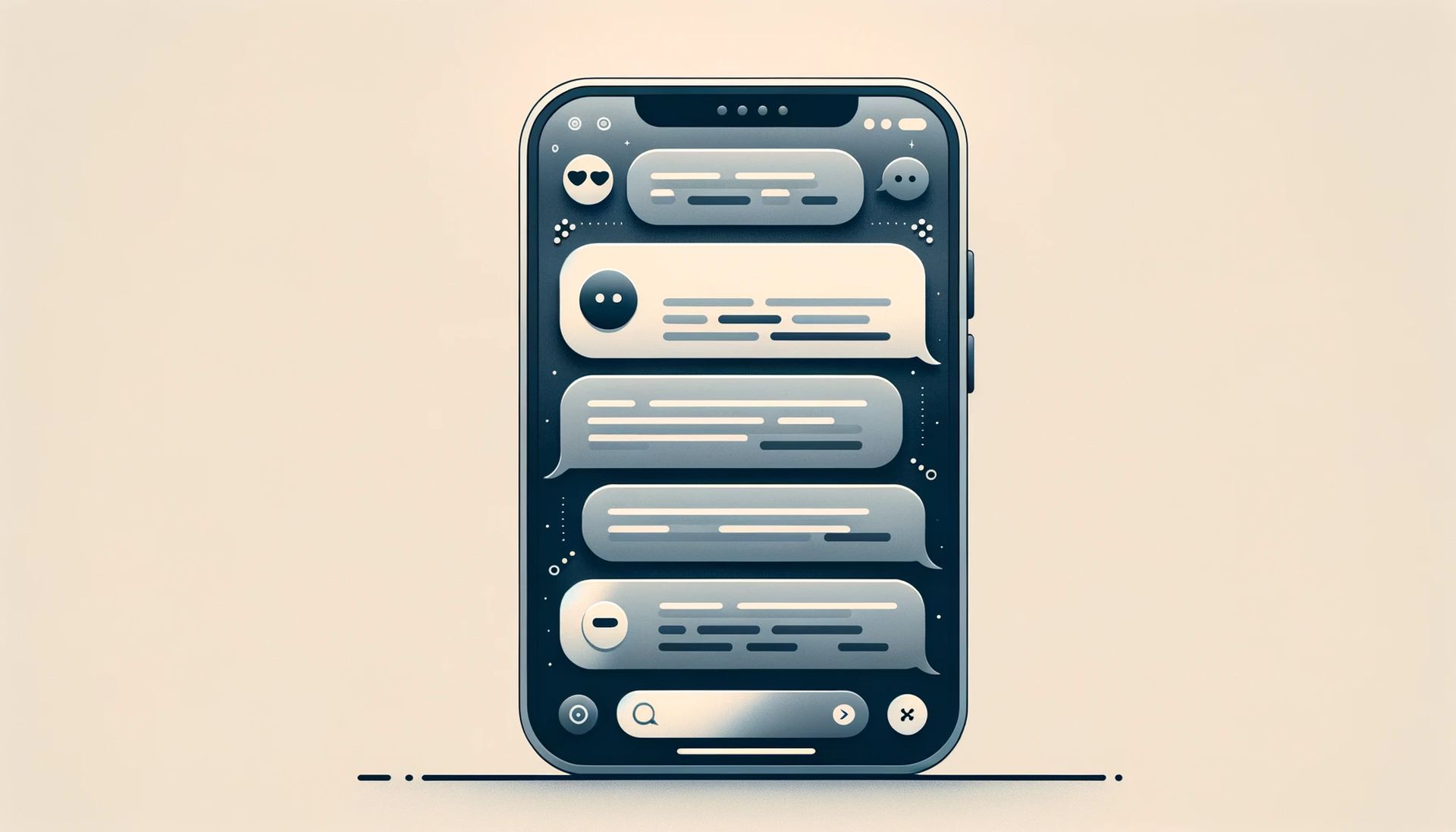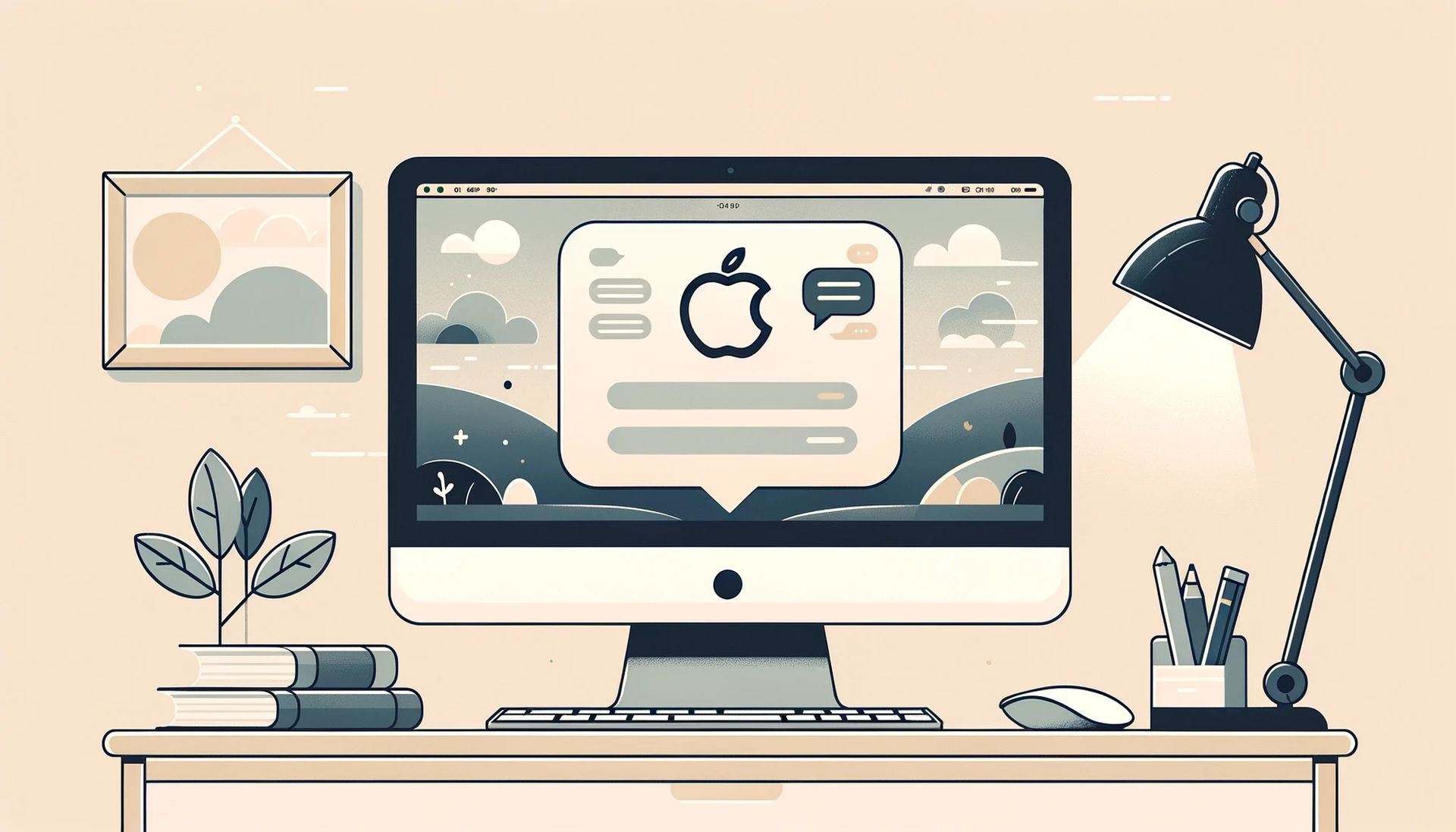There’s buzz about Apple potentially stepping into the fray of generative AI sector with its own version, the so-called: Apple GPT. This article delves into everything we’ve gathered about Apple’s foray into AI and will be consistently updated as new information surfaces.
The development phase of “Apple GPT”
Under the guidance of Apple’s AI head, John Giannandrea, the tech giant has been deeply immersed in the development of large language models. Reporting directly to CEO Tim Cook, Giannandrea initiated a team dedicated to conversational AI several years ago, and their efforts have intensified since.
Recent whispers suggest that Apple has been rigorously testing its own “Apple GPT” model, aiming to rival the likes of ChatGPT. Mark Gurman from Bloomberg emphasizes that AI development is a focal point for Apple, as they craft the “Ajax” framework tailored for expansive language models.
Internally, Apple has a chatbot that some insiders colloquially term “Apple GPT”. However, it’s evident that such a name wouldn’t be the official consumer-facing label. Access to this chatbot is exclusive within Apple, requiring special permissions. Its primary function revolves around product prototyping, equipped to provide insights on its training data.

Ajax reportedly surpasses the capabilities of the earlier ChatGPT 3.5, boasting training on a staggering 200 billion parameters. Yet, as of September 2023, there are claims that OpenAI’s latest models might outperform Ajax.
The direction Apple intends to take for introducing a generative AI product to the masses remains somewhat ambiguous. Current explorations include enhancing Siri, developing software for generating videos and images, and delving into multimodal AI that integrates images, videos, and text seamlessly.
The financial commitment Apple is making towards conversational AI research is noteworthy. The immense hardware requirements for training language models mean Apple is shelling out millions daily. Projections indicate that Apple’s expenditure on AI servers could exceed $4 billion by 2024.
Will the Scary Fast event reveal the so-called Apple GPT?
As Apple gears up for its Scary Fast event, the tech community is abuzz with speculation. One of the most intriguing rumors circulating is the potential unveiling of Apple’s answer to generative AI tools like ChatGPT, tentatively referred to as “Apple GPT” in tech circles. Given Apple’s recent strides in AI and machine learning, as evidenced by their advancements in photography, health monitoring, and device functionalities, the introduction of a proprietary generative AI tool seems plausible.
Apple Scary Fast event to most likely reveal new Macs
Apple’s history of integrating AI into its ecosystem, from Siri’s machine learning recommendations to the Neural Engine’s dedicated processing capabilities, suggests that the company is well-poised to introduce a groundbreaking AI product. With competitors like Google, Microsoft, and Amazon already making significant inroads in the AI space, Apple might be ready to stake its claim.
Siri and gen AI
Apple’s journey towards enhancing Siri might soon see the integration of generative AI. An AI summit in February 2023 saw Apple discussing its advancements in large language models with its employees.
However, the architecture of Siri presents challenges. As highlighted by former Siri engineer, John Burkey, the intricate design of Siri necessitates a complete rebuild of its database for even minor phrase additions, a process that can span up to six weeks. More intricate features, like search tools, might even take a year to implement.
Apple’s staunch stance on user privacy further complicates the integration of generative AI into Siri. Historically, Apple has prioritized user privacy over cutting-edge functionality, a choice that has seen Siri trailing behind competitors like Alexa and Google Assistant.
Yet, there’s hope for Siri’s evolution. Reports from The Information hint at Apple’s ambition to enable Siri to autonomously execute multi-step tasks, a function currently managed by Shortcuts. Bloomberg’s insights further suggest Apple’s vision for a Siri that’s more intelligent and AI-integrated. One of the anticipated upgrades includes a revamp of Siri’s interaction with the Messages app, enhancing its ability to handle intricate queries and predictively complete sentences.

Apple’s AI strides
Apple is reportedly exploring the integration of AI across its suite of applications. Within Apple Music, AI could potentially curate auto-generated playlists tailored to user preferences. For developers using Xcode, AI enhancements might streamline the coding process, assisting in both writing and debugging. Apple’s productivity tools, such as Pages and Keynote, could see AI-driven features that aid in content creation and slide deck design. Furthermore, Apple’s internal customer support mechanisms might benefit from generative AI, optimizing the AppleCare experience.
Apple has imposed a ban on its employees from utilizing AI tools like ChatGPT and GitHub Copilot, stemming from concerns over potential leaks of sensitive company information. This apprehension isn’t unique to Apple; major institutions, including the U.S. government, healthcare entities, and banks, have also restricted the use of ChatGPT due to similar data security concerns. Other tech giants, including Verizon, Google, and Samsung, have also implemented bans on generative AI tools to safeguard their proprietary information.Apple’s ML in photography
Apple harnesses machine learning to elevate the photography experience on iPhones. Features like Deep Fusion minimize noise in images, while the latest iPhone 15 Portrait Mode tools offer the flexibility to activate portrait effects post-capture.
Siri’s ML recommendations
Machine learning algorithms power Siri’s suggestions, whether it’s prompting you to send a birthday message or integrating an event from your Mail app into the Calendar.
The neural engine
Integral to Apple devices is the dedicated Neural Engine, specifically designed to bolster machine learning capabilities.

Spotlight’s AI-driven search
Spotlight search, as well as other search functionalities within the iOS ecosystem, are driven by AI, ensuring swift and accurate results.
Visual Lookup’s content detection
The iPhone’s ability to recognize and categorize content within photos is attributed to its machine learning capabilities, known as Visual Lookup.
Crash and fall detection
Apple’s commitment to user safety is evident with its machine learning-powered Fall Detection and Crash Detection. These features analyze data from device sensors to ascertain potential falls or crashes.
Enhancing text input with autocorrect
Apple’s autocorrect system, along with its word suggestion features, are fine-tuned using machine learning, making text input more intuitive.

Health monitoring with ECG
The Apple Watch’s ECG feature employs machine learning to analyze heart rhythm data, helping identify conditions like atrial fibrillation.
More information about “Apple GPT”
In May 2023, during an insightful discussion, Apple’s CEO Tim Cook expressed his fascination with the potential of artificial intelligence. However, he emphasized the complexities surrounding AI, advocating for a “deliberate and thoughtful” approach to its deployment. Cook’s perspective underscores Apple’s commitment to ensuring that AI integrates seamlessly and ethically into their ecosystem.
Tim Cook has consistently highlighted the centrality of AI and machine learning to Apple’s product lineup. Describing these technologies as “core fundamental” elements, he reaffirmed that AI’s role is “absolutely critical” to Apple’s vision. Furthermore, Cook revealed that Apple’s foray into generative AI isn’t recent; the company has been delving into it “for years.”

Speculations about Apple’s AI advancements have been rife. Both The Information and analyst Jeff Pu have hinted at the possibility of Apple introducing generative AI features to its iPhone and iPad devices by late 2024, coinciding with the anticipated release of iOS 18. Pu’s insights from October suggest a significant investment in AI infrastructure, with Apple reportedly setting up several AI servers in 2023 and expanding further in 2024. The strategy seems to be a blend of cloud-based AI solutions coupled with on-device processing capabilities.
However, not all predictions align. Apple analyst Ming-Chi Kuo, in August, indicated a contrasting view, suggesting there’s “no sign” of Apple rolling out generative AI in 2024. Kuo even went on to opine that Apple’s progress in generative AI lags behind its industry counterparts.
Featured image credit: Kerem Gülen/DALL-E 3





